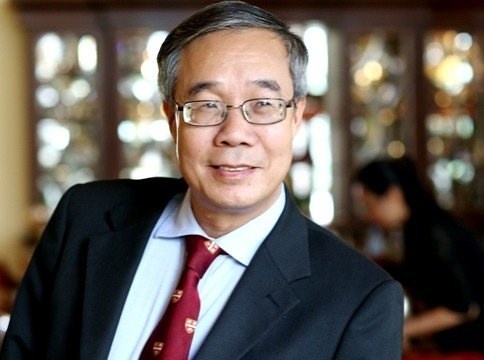

Mr. Tran Duc Canh
Whenever society faces difficult issues, politicians often consult ‘spiritual’ leaders, and the principals of prestigious schools are often key members. “Understanding the importance of the principal’s leadership role and the conditions and development goals of the school, the right personnel can be selected.” Mr. Canh believes that the principal’s position and influence are significant in society.
– Could you share some methods of selecting principals at universities in the USA and around the world? Which method do you value the most?
– In the USA, there are three models of higher education: public, nonprofit, and for-profit. Public universities are managed by state governments, except for a few military universities… under federal government control.
Typically, each state has a Public Higher Education Board appointed by the governor to create policies and manage state universities. Additionally, each public university has its own Board of Trustees, also appointed by the governor. Board members, often intellectuals with connections to the governor, must meet credibility and professional standards to be considered for these positions.
Members of the state’s education board or university board are respected intellectuals in the community, who only receive compensation for their time and efforts, not salaries. Their decisions are objective and for the ‘public good,’ thus conflicts of interest are rare.
Nonprofit private universities have an independent Board of Trustees that selects its members according to the institution’s bylaws and regulations, managing and deciding on the school’s major activities. The nonprofit model, though common globally, is relatively new in Vietnam and will take time to implement.
For-profit private universities operate like companies. The Board of Trustees decides on suitable personnel for their educational business operations.
Each model has a governing body that has full authority over major school issues, including hiring or firing the principal. With broad social oversight and the operation of market mechanisms, schools are compelled to manage more effectively.
– In the selection methods you mentioned, who is responsible for oversight, and how can the right person be chosen for the right job?
– The structures of public and private universities differ, but selecting a capable individual who fits the school’s environment and culture to meet its development needs is a must. Democracy, fairness, objectivity, and transparency in the selection process build social trust, enhance the school’s reputation, and benefit the institution.
Recognizing competition and long-term development goals, the governing body, whether public or private, has the responsibility to build and promote the school in the best way possible.
A university is an educational organization with public value and profound social influence. The most prominent example is the ‘training products’ from the school, who are the ‘spiritual shareholders,’ alongside the school’s faculty, they have a say in the selection of the principal and in strategic changes to the school.
Higher education development in Vietnam over the past few decades has been weakest in terms of student engagement with their school and society at large. This indicates that the reception and sharing of these spiritual values are not high. I believe this is a significant challenge for future principals.

‘The weakest part of Vietnam’s higher education may be the lack of student engagement with their school and society at large.’
– In the field of higher education, the State and society are promoting the concept of ‘autonomy.’ In terms of human resources, specifically selecting the head of an institution, do you think universities in Vietnam have gained autonomy in this area? Why or why not?Autonomy is not simply about selecting a principal
– Education is a subsystem within a larger system. Although university autonomy has been discussed a lot recently, it still faces many challenges and is a difficult issue.
Recent changes in education have had a significant impact on society, but they have been somewhat zigzagging or circuitous, consuming a lot of effort. According to logic, systemic problems must be addressed systematically, and the root causes must be identified to achieve thorough solutions.
Academic freedom is the foundation of higher education, training knowledgeable and creative individuals. Financial autonomy, personnel decisions, and curriculum choices are the fundamental aspects of university autonomy. Autonomy is not just about selecting a principal, but about the entire operational structure of the school system.
The governing body of the school, typically the Board of Trustees or the university board, whether public or private, must have sufficient authority and take responsibility for decisions. The principal is the leader and manager of operations. In an autonomous university, the power and responsibility of the Board of Trustees and the principal must be clearly defined and balanced.
Imbalance, overlap, and shifting of responsibility rarely occur in an environment that is democratic and transparent. Managing the operations of a truly autonomous university in Vietnam today will still face many challenges, but it is impossible to elevate higher education to a new level without it.
– What are your thoughts on the competitive selection method that the Ministry of Justice has piloted? In the history of Vietnamese education, there have been other methods of selecting principals, such as electing principals. Do you think the method of electing principals should be reinstated?
– I think it is not too difficult to select a good principal to lead and manage a university, whether public or private, if there is a transparent, objective mechanism free of other constraints.
Organizing competitive exams as the Ministry of Justice has done is necessary for administrative or professional positions. However, appointing leaders through hierarchical competitive exams makes it very difficult to achieve breakthroughs in higher education. It is even less suitable to select principals through elections.
This is more about using a mechanism to cope rather than expanding, innovating, and breaking through. It is more about shifting responsibility to the majority through elections rather than allowing the governing body to make independent, proactive, and responsible decisions. Even if a highly capable person is selected, it will be difficult to break free from overlapping mechanisms. Ultimately, they will be bound by restrictive conditions, making it difficult to bring about the necessary changes in higher education today.
– With the current environment, what lessons can Vietnam learn from international methods of selecting principals?
– The relatively common practice abroad is for the Board of Trustees or the university board to: One, hire an executive search firm specializing in high-level educational recruitment to help them select personnel based on the criteria and requirements set forth. Two, the Board of Trustees itself forms a committee to search, shortlist, and present candidates for the Board of Trustees to interview and select. The second option is more common in Vietnam.
Interviews can be open or closed, but the selection and evaluation information is widely published within the school community and society. Transparency and openness in the selection of the principal position will help resolve most issues. This selection method maximizes the protection of the candidates’ honor and reputation while still selecting the most deserving person.
The goal is to find the right person with the ability to lead and manage the school, not just appointing someone according to the correct procedure; only then can the university be elevated to a new level.
Source: https://news.zing.vn/chon-hieu-truong-theo-ngach-bac-kho-dot-pha-post600396.html